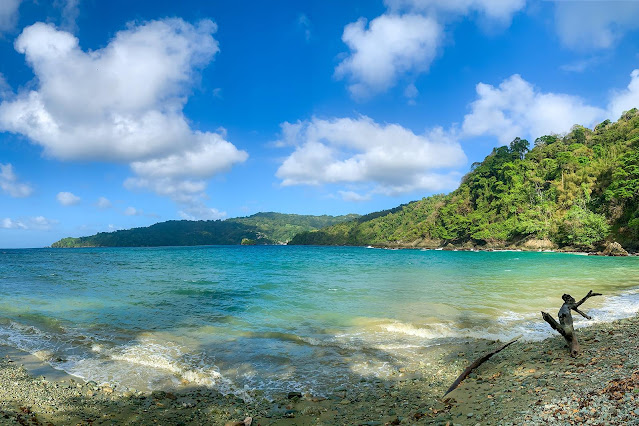Are "blue jeans" bluer in Tobago?

Faraaz Abdool looks at birds on Tobago and on Trinidad, and comments on the amazing diversity that distinguishes Tobagonians from Trinidadians! All photos by Faraaz Abdool Our two islands, Trinidad and Tobago, boast an astonishing tally of bird species recorded over the course of recent ornithological history. For such small land area, TT’s species count of 492 catapults our tiny nation to the second highest global ranking in terms of species density. The expansion of scientific knowledge and understanding has direct repercussions on this total; more information on bird genetics leads to some species being split and others being lumped together. More often than not, it is the former that plays out as we learn more about the lives of our feathered friends. The stellar example is the bird that adorns the $5 note – formerly known as the Blue-crowned Motmot, it was a bird found on both islands as well as across southern Central and northern South America. Studies revea...


